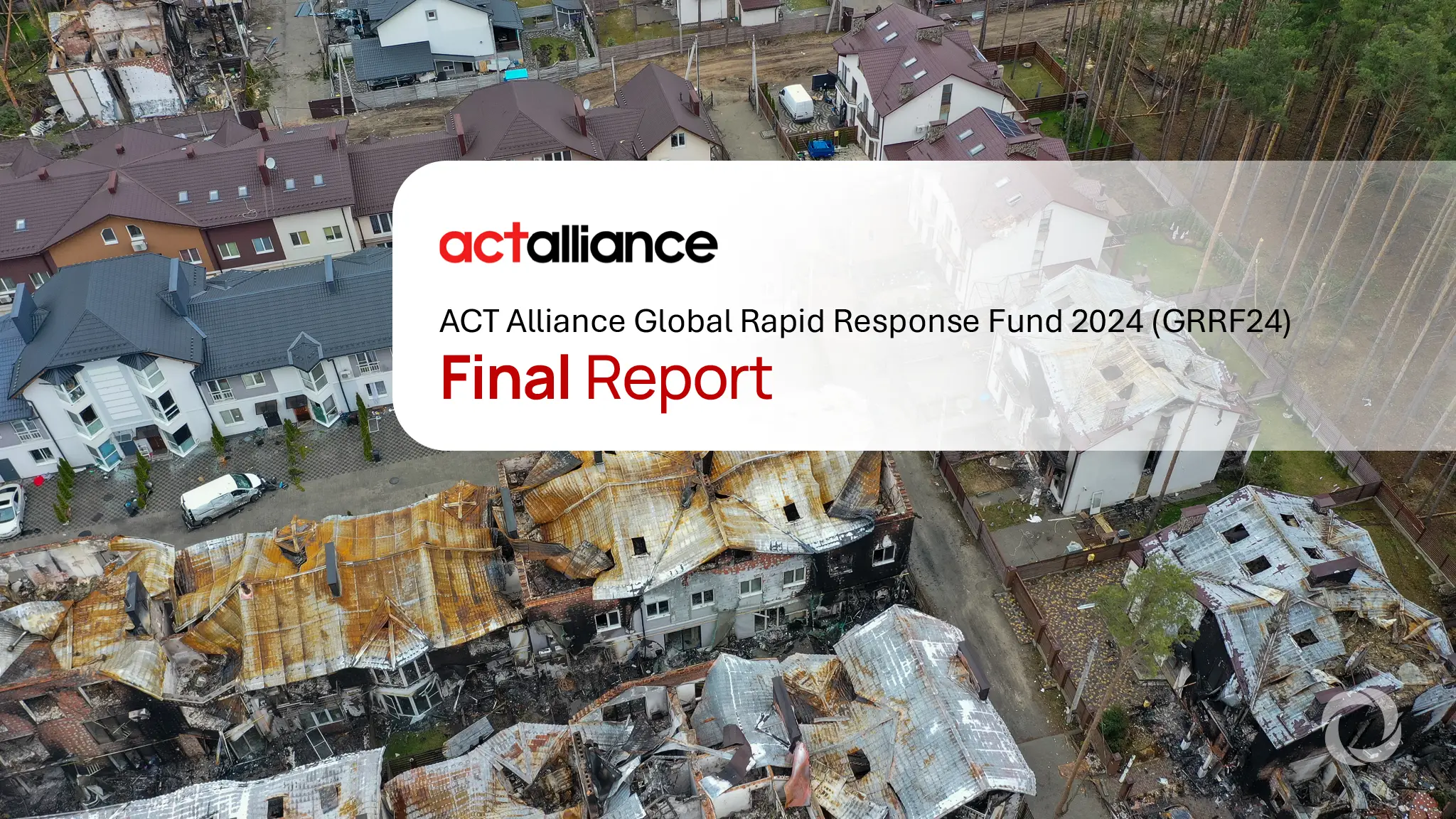ACT Alliance‘s emergency fund helped over 120,000 people hit by disasters in 2024, with local churches leading most of the response efforts, according to the organization’s annual report. The Rapid Response Fund handed out $2.2 million across 21 disasters in 12 countries, reaching from Afghanistan to Brazil. Women made up 56% of those who got help. The fund focuses on smaller disasters that don’t grab headlines but still wreck communities. Unlike big international appeals, this money goes directly to local church groups that already know the affected areas.
Churches can move fast because they’re already there when disasters strike. “In most cases as churches are present in the communities they talk to the local leaders themselves,” the report noted. “Relationships have long been established with residents who are members of these churches.” This means they can start helping within hours instead of waiting weeks for outside agencies to arrive and figure out what’s needed.
Cash handouts made up 27% of the help provided, up from the previous year. People can decide for themselves whether they need food, medicine, or building materials instead of getting whatever aid groups think they should have. The approach works when local shops and markets are still running after disasters. Other help included food distributions, seeds for farmers, clean water systems, temporary shelter materials, and mental health support.
ACT Alliance wants to grow the fund to $10 million yearly by 2027 as part of its push to put local groups in charge of disaster response instead of relying on international organizations. The current system only allows national members to apply for money, except in countries where ACT has no local partners.
The 2024 responses covered disasters in Afghanistan, Philippines, Brazil, Indonesia, Malawi, Zimbabwe, El Salvador, Myanmar, Sierra Leone, Nigeria, Colombia, and Honduras.

